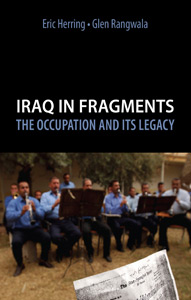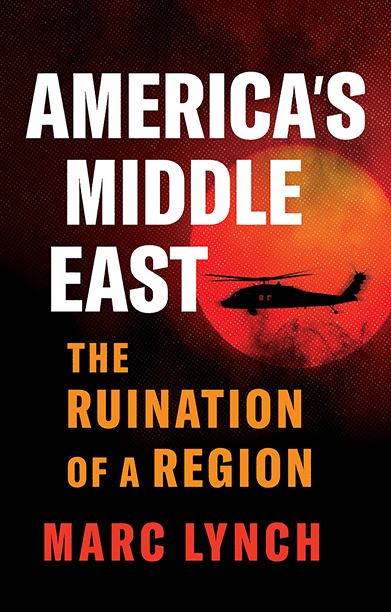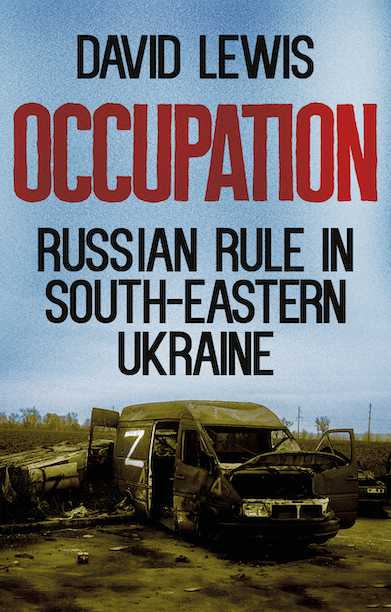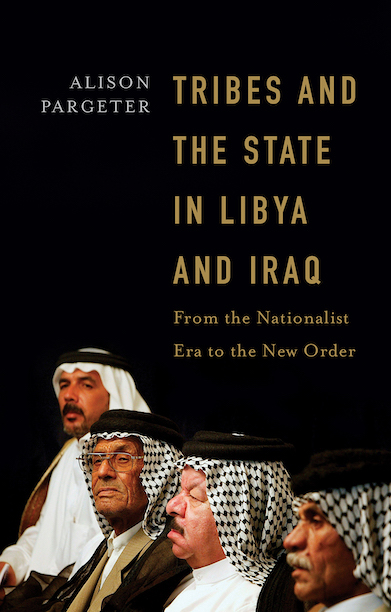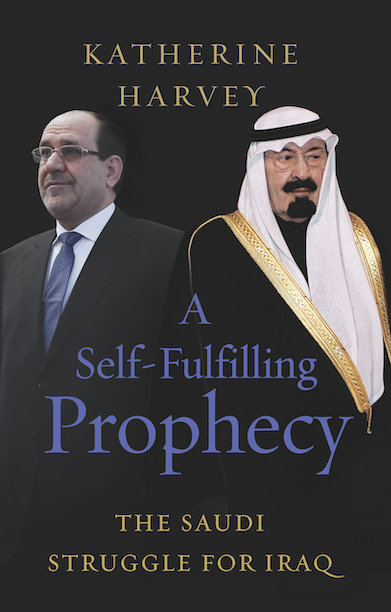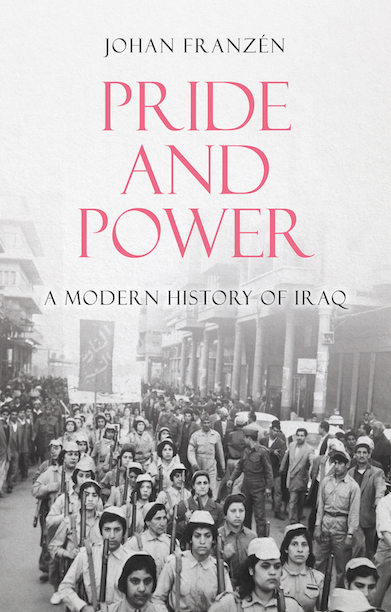Description
The project to transform Iraq from an impoverished dictatorship into a prosperous, functioning, multi-ethnic democracy that would act as a role-model to the states of the Arab Middle East will stand as one of the most ambitious political ventures of the modern era. Instead, the Coalition powers that took control of the country in 2003 have become mired in the politics of sect and class, of regional ambition and of religious authority. Having sucked out the centre of the old Iraqi state, they have been unable to establish effective national institutions to take its place, or to bestow a structure upon the political process inside Iraq that allows for peaceful competition for power. This book analyses in detail why the Iraqi polity fractured after the invasion, and the consequences of this fragmentation. The major reason advanced by Herring and Rangwala rests not with the Iraqi people’s fixed and antagonistic ethnic or sectarian identities, but with the absence of meaningful state institutions. Instead, the struggle for authority has been played out as a series of turf wars, with external or international institutions drawn ever deeper into the fissures that characterise the new Iraq.
Reviews
‘This is a first-rate study of the consequences for Iraq of the US-led invasion and occupation of the country and of the kind of politics that has developed there. The authors use state-building theory and the insights of international political economy to throw light on the processes which have been set in motion and which are going to shape Iraqi politics for years to come. At the same time, their narrative is a lively one, packed with detail and informed by a real understanding of the fears and ambitions of many of the Iraqi political actors. This complex story of idealism, greed and violence, woven through social formations and the pale institutions of the emerging Iraqi state, produces a compelling account — the clearest yet available of the “new Iraq”.’ –– Dr Charles Tripp, SOAS, author of A History of Iraq
‘Iraq in Fragments stands out as an admirably sober and powerful analysis of one of the most complicated and emotionally charged issues in today’s world politics. With its lucid account, impressive research, and extensive documentation, the book is challenging and compelling. It should be a must-read for all Iraq specialists, foreign policy experts, and policy- and opinion-makers. Students of international relations, as well as general readers, will also benefit greatly from this up-to-date work.’ –– Professor Tareq Y. Ismael, University of Calgary
Author(s)
Eric Herring is a senior lecturer in international politics at the University of Bristol. He is the author of Danger and Opportunity: Explaining International Crisis Outcomes and co-author with Barry Buzan of The Arms Dynamic in World Politics.
Glen Rangwala is a University Lecturer and fellow of Trinity College, Cambridge University.
